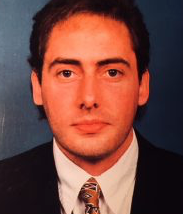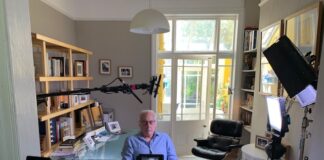- I predict another riot… - 30th January 2026
- Force for change - 29th January 2026
- Greener with envy… - 28th January 2026

After examining how attitudes towards women and gay people have changed massively since he started in journalism 36 years ago, here our Editor Phil Parry looks at why the lockdown to combat coronavirus (Covid-19) has thrown the spot light onto the success of devolution and failure of centralising power in Westminster.
In the past he has also described how he was helped to break into the South Wales Echo office car when he was a cub reporter, recalled his early career as a journalist, the importance of experience in the job, and making clear that the ‘calls’ to emergency services as well as court cases are central to any media operation.

He has also explored how poorly paid most journalism is when trainee reporters had to live in squalid flats, the vital role of expenses, and about one of his most important stories on the now-scrapped 53 year-old BBC Cymru Wales (BBC CW) TV Current Affairs series, Week In Week Out (WIWO), which won an award even after it was axed, long after his career really took off.
Phil has explained too how crucial it is actually to speak to people, the virtue of speed as well as accuracy, why knowledge of ‘history’ is vital, how certain material was removed from TV Current Affairs programmes when secret cameras had to be used, and some of those he has interviewed.

Earlier he outlined why investigative journalism is needed now more than ever although others have different opinions, and how information from trusted sources is crucial at this time of crisis.
One major factor to come out of this crisis has been to show that centralising power has failed, but devolving it has worked.
The figures are notoriously difficult to interpret, but in England (by far the biggest nation making up the UK) they seem to show that the hugely-centralised nature of the NHS has contributed to thousands more deaths, pro-rata, than in Wales or Scotland.
Local authorities in England which could have stepped up to help beat coronavirus (Covid-19) have been emasculated, whereas devolution has helped impose much stricter and clearer lockdown rules in Wales and Scotland.

The main responsibility for tracking and tracing victims of the virus in England fell to Public Health England (PHE) (a product of the disastrous Andrew Lansley ‘reforms’ of 2013) and has crashed spectacularly.
When Covid-19 broke out, PHE had only 290 people to do the job, so that by early March it had been overwhelmed.
These problems have been exacerbated by confusing messages and U-turns from The Prime Minister, Boris Johnson, and his team.
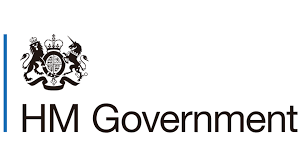
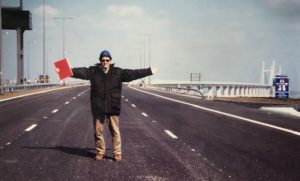
An extraordinary reversal of policy was enacted when UK ministers first strongly insisted we could go our own way with a contact-tracing app, before Cabinet members finally conceded they would throw in their lot with technology giants.
Despite the urging of scientists and the World Health Organisation (WHO), by the middle of April the UK was still carrying out just 12,000 tests a day, compared with 44,000 in Italy and 51,000 in Germany.

Because most testing was reserved for hospitals, care homes struggled to find out which of their residents and staff were infected.
Italy went into full lockdown on March 9, Denmark on March 11, Spain on March 14 and France on March 17, but the UK followed only on March 23.
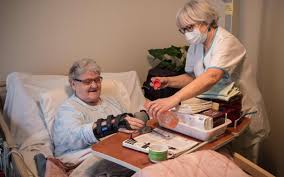
It is believed that if we had entered lockdown a week earlier, around 25,000 lives might have been saved.
Competition for Personal Protective Equipment (PPE) was fierce, so health workers struggled to get the kit they needed to protect their staff.
The Lansley changes replaced a simple structure with a complex one, and split responsibility for public health between PHE, which was in charge of dealing with infectious diseases, and local authorities.

But it could have been so different if England had followed the practice of Germany or South Korea where much more responsibility is devolved.
Andy Burnham, Mayor of Greater Manchester, was arguing for a German-style response. “We would have had no problem scaling up”.
When he asked why more granular data were not provided, data-protection concerns were offered as the explanation.
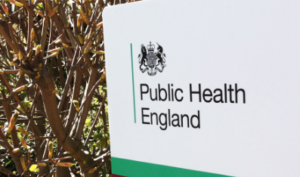
Local-area knowledge is essential to tracing infections, according to a director of public health. “Particularly with the vulnerability of black and minority ethnic (BME) people, it’s essential to know communities. You know where BME people are concentrated, you know community leaders”.
But it seems that politicians and health bodies in devolved nations have performed better.

Public Health Wales (PHW) has worked effectively with local authorities, and delivered clear lockdown messages.
The First Minister of Wales (FMW) Mark Drakeford, is reckoned to have had a ‘good’ lockdown (if such a thing is possible!) and the rules have had greater clarity than in England.
In the past Dr Drakeford has said: “People will be allowed to meet in gardens but I do want to be really clear. This is permission for people to do it, it’s not an invitation.
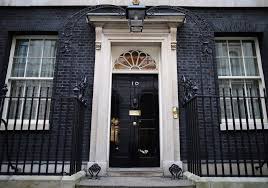
“So it’s permission for people to do something which is very important but people should still be sensible about it, do it only when it’s necessary, stay apart from one another.
“Running to people’s houses, sitting in gardens close together, having a beer and it all breaking down – that’s definitely not what we are proposing in Wales.”
 So at least the proposals in Wales have been communicated more clearly and are stricter (saving lives) than in England.
So at least the proposals in Wales have been communicated more clearly and are stricter (saving lives) than in England.
The message also appears to be clear – devolving power rather than centralising it in Westminster works.
Also on The Eye Phil looks at the parlous state of the news media today.
The memories of his astonishing 36-year award-winning career in journalism when neutrality and objectivity were central, as he was gripped by the rare neurological condition Hereditary Spastic Paraplegia (HSP), have been released in a major book ‘A GOOD STORY’. Order the book now!








